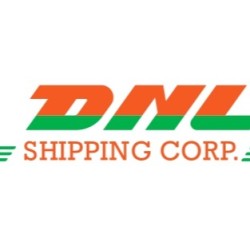Marketing Plan for a Logistic Business
Logistics companies are responsible for transporting goods from point A to point B and are often tasked with managing the flow of a product from the time it leaves a manufacturing site, until it reaches the consumer.

To accomplish this task efficiently, logistics companies use technology to dispatch and track packages throughout their journeys. Development of a marketing plan for a logistics company is fairly straightforward.
1. Define what services your company provides.
Do you deliver raw materials to factories, or finished products to consumers? Do you transport goods by ship to overseas locations, or focus on goods that are shipped within the country by truck? Do customers use online tools to ship products themselves, or work with your staff to book passage by phone? By clearly defining your services, you can develop tactics to market your offerings..
2. Articulate your target market.
Perhaps you focus on shipping goods for the electronics industry, packages for online retailers or refrigerated food items for supermarkets. Do you seek a small number of large customers or many smaller organizations? Try to define who your primary market is, as well as any secondary markets.
3. Identify your competition.
Who offers similar services or targets similar clients? Be sure to cast a wide net when considering your competition. You may find that when it comes to a group like online retailers, your competition is not another logistics company, but rather the postal service. Other prospects may use their own shipping department or a commercial courier. Identifying your competition will help you develop tactics to position your company to compete with them.
4. Identify your competitive advantage.
Why would customers come to you instead of your competition? Perhaps you offer lower prices, newer trucks, better service or high tech tracking tools. Outline what makes you a better logistics choice than your competitors for your target market.
5. Set a marketing budget.
How much money will you allocate towards marketing your business? Some companies will allocate a fixed amount of money for a year, while others allocate a percentage of revenue that is calculated each quarter. Will marketing dollars be allocated to specific target markets or directed to certain offerings or will budget dollars be spent promoting the company as a whole? You need to know how much money you have to invest before you can consider specific tactics.
6. Using your marketing budget as a guide, determine how you will communicate your differences to your target market.
Consider where you will advertise, what trade shows you will attend, or what industry groups you will join to get your message across. Also consider how your competitors are delivering their message and whether you want to try similar media or try a different approach.
(Source: Inboundlogistics)























.webp)






.webp)
.webp)
.webp)





